The fastest and best foods to lower blood lipids include oats, deep-sea fish, soy products, nuts, green tea, etc. Medications can be taken according to medical advice, such as atorvastatin calcium tablets, fenofibrate capsules, rosuvastatin calcium tablets, simvastatin tablets, ezetimibe tablets, etc. Abnormal blood lipids may be related to factors such as improper diet and metabolic disorders, and require lifestyle adjustments and medication treatment.
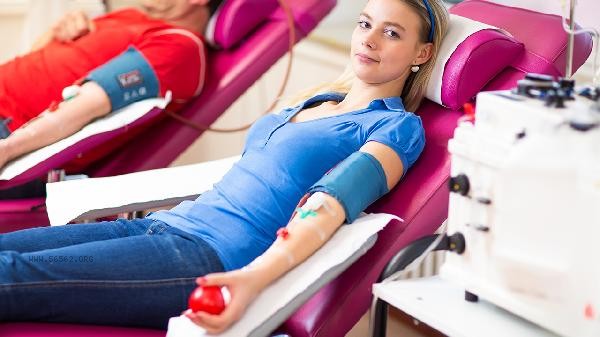
1. Food
1. Oats
Oats are rich in soluble dietary fiber β - glucan, which can adsorb cholesterol in the intestine and promote its excretion, helping to reduce cholesterol absorption. Long term consumption of oats can assist in reducing low-density lipoprotein cholesterol levels. It is recommended to choose plain oatmeal without added sugar, with a daily intake controlled at around 50 grams.
2. Deep sea fish
Salmon, sardine and other deep sea fish contain rich unsaturated fatty acids, which can reduce the concentration of triglycerides in the blood and increase the level of high-density lipoprotein cholesterol. Eat deep-sea fish 2-3 times a week, with 100-150 grams each time. The best cooking method is steaming or grilling to avoid high temperatures damaging nutrients.
3. Soybean products
Bean curd, soybean milk and other soybean products contain phytosterols and soy protein, which can competitively inhibit cholesterol absorption. Isoflavones in soy products can also improve lipid metabolism. It is recommended to consume soy products equivalent to 30 grams of dried soybeans per day, but gout patients need to control their intake.
4. Nuts
Walnuts, almonds and other nuts are rich in monounsaturated fatty acids and plant sterols. Moderate consumption can help regulate blood lipid balance. It is recommended to consume 15-20 grams of natural nuts per day and avoid salt baked or sugar soaked products. Nuts with high calorie content should be included in the total daily calorie intake.
5. Green Tea
The tea polyphenols in green tea can inhibit the absorption of cholesterol in the intestine and promote its excretion, while catechins can improve endothelial function. It is advisable to drink 3-4 cups of light green tea daily and avoid drinking on an empty stomach. Insomnia sufferers should control their intake after the afternoon.

2. Medication
1. Atorvastatin Calcium Tablets
Atorvastatin calcium tablets belong to the statin class of lipid-lowering drugs, which significantly reduce low-density lipoprotein cholesterol by inhibiting liver cholesterol synthase activity, and are suitable for patients with hypercholesterolemia. Regular monitoring of liver function is necessary during medication, as adverse reactions such as muscle soreness may occur.
2. Fenofibrate Capsules
Fenofibrate capsules are a type of blood lipid lowering medication that mainly reduces triglyceride levels and increases high-density lipoprotein cholesterol. They are suitable for mixed hyperlipidemia. This medication may cause gastrointestinal discomfort, and when used in combination with anticoagulants, the dosage needs to be adjusted.
3. Rosuvastatin Calcium Tablets
Rosuvastatin calcium tablets are potent statins that have a significant lowering effect on low-density lipoprotein cholesterol and are suitable for patients with familial hypercholesterolemia. During medication, avoid taking grapefruit together as it may enhance adverse drug reactions.
4. Simvastatin tablets
Simvastatin tablets exert their effects by selectively inhibiting the rate limiting enzyme of cholesterol synthesis, and can moderately reduce total cholesterol, making them suitable for primary hypercholesterolemia. Elderly patients should be cautious with medication as it may cause side effects such as headaches and insomnia.
5. ezetimibe tablets
ezetimibe tablets work by inhibiting intestinal cholesterol absorption and are often used in combination with statins to enhance lipid-lowering effects. They are suitable for those who have poor efficacy with statins alone. The drug has good tolerance, but may cause diarrhea or joint pain.

Comprehensive management measures should be taken to reduce blood lipids. In addition to diet and medication, it is recommended to engage in at least 150 minutes of moderate intensity aerobic exercise per week, such as brisk walking, swimming, etc. Control weight within normal range and avoid smoking and drinking alcohol. Regular monitoring of blood lipid indicators, patients with hypertension or diabetes need to strictly control sugar and pressure. Use vegetable oil instead of animal oil in cooking to increase the intake of fresh vegetables and fruits. If there are adverse drug reactions or poor blood lipid control, timely medical attention should be sought to adjust the treatment plan.

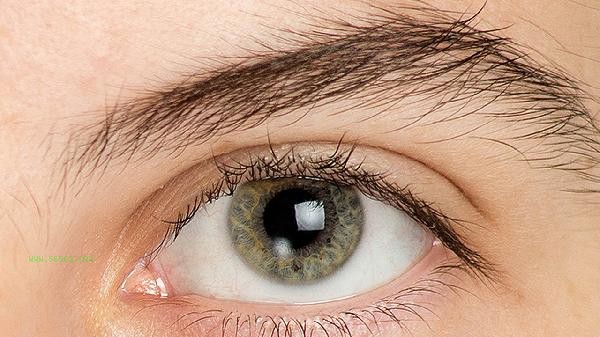
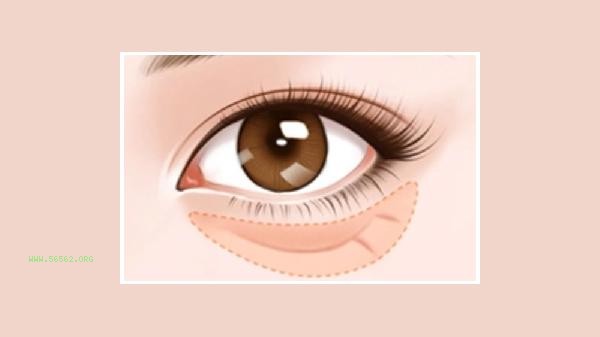
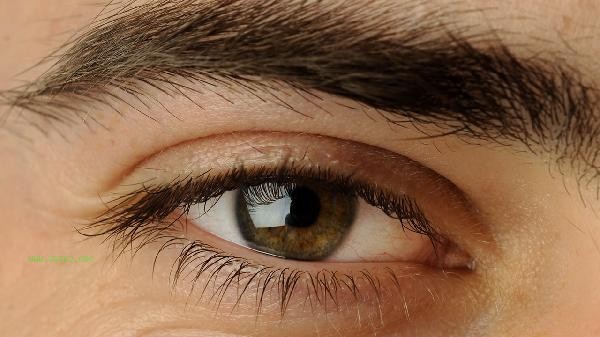
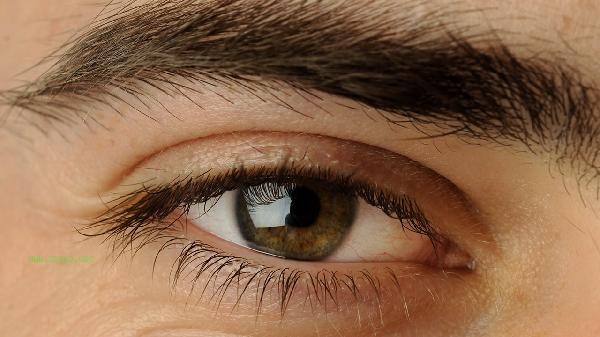



Comments (0)
Leave a Comment
No comments yet
Be the first to share your thoughts!